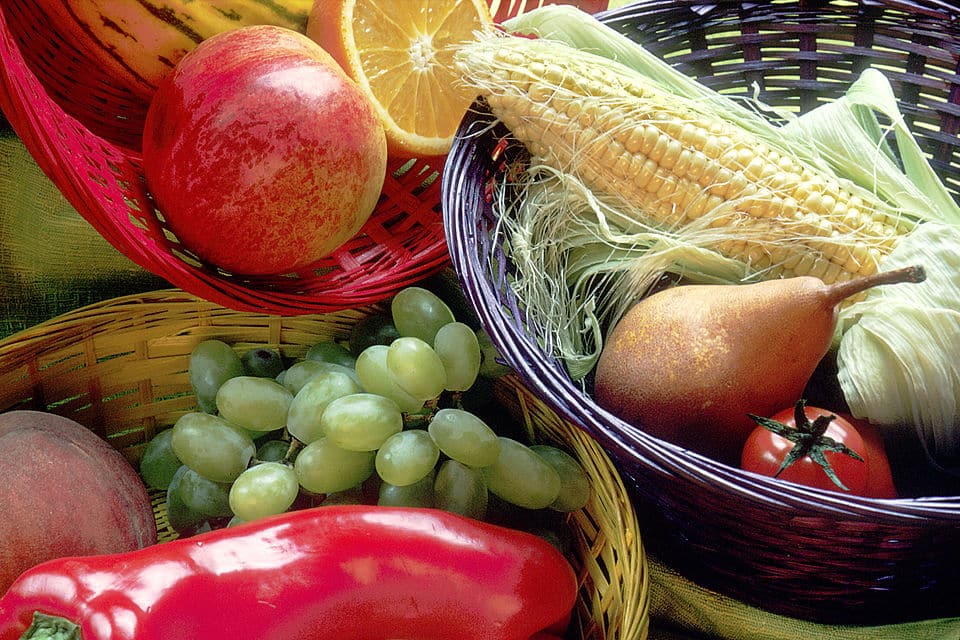
Feeding the Future: Agriculture Must Transform to Heal the Earth
By Geoffrey Holland
The way we grow food has become a moral and ecological crisis. The same system that once fed rapidly expanding civilization is now stripping the fertility from farmlands, poisoning fresh water supplies, and destabilizing the climate. Humanity’s success as a food-producing species has become its greatest liability.
The Old Agriculture Model: Productivity at Any Cost
Industrial agriculture—fueled by fossil energy, synthetic fertilizer, and chemical control—was meant to end hunger. It did lift yields, but at a staggering price. Half of the planet’s arable land and seventy percent of its freshwater are now taken up by farming. Monocultures erase biodiversity; nitrogen runoff creates dead-zones in our seas; forests are taken down and replaced by soy, palm oil, and cattle.
Livestock alone account for a fifth of global greenhouse emissions. They occupy a quarter of Earth’s ice-free land, while a billion people still lack enough to eat. This is not just an environmental failure—it is a moral one. We are a civilization in peril. At this moment, we are a humanity that chases food security while rapaciously and relentlessly exhausting our Earths essential life systems.
______________________
“If slaughterhouses had glass walls, the whole world would be vegetarian.” – Linda McCartney
______________________
A Biosphere in Reckoning
Nature is now tightening the noose. Climate change, droughts, floods, and extreme heat are destabilizing crop yields and driving farmers to desperation. As global numbers expand the collective human appetite grows, the limits of our extractive food system become ever more culturally painful. Humans face a stark choice: do we cling to a deeply destructive industrial agriculture model or do we, the whole of humanity, chose to reinvent the way we eat and live in harmony with our living planet.
Seeds of Transformation
Fortunately, a new food revolution is taking root—one guided by ecological intelligence and a lot of technological innovation. Vertical farming shows what is possible. By stacking crops indoors and fine-tuning light, nutrients, and humidity, vertical farms achieve thirty times the yield of field agriculture while using a fraction of the land and water. Powered by renewables, these sustainable community farms will shorten supply chains and produce fresh food locally, in the places where people live.
Cellular agriculture is the second frontier. Instead of raising animals for slaughter, we can cultivate meat, milk, and eggs directly from living cell cultures. These bioreactor-grown proteins eliminate antibiotics, reduce emissions, and it would begin the era of humans eating ‘Kill Free’. As costs fall and processes scale, these new food technologies will deliver abundant protein without livestock slaughter or deforestation. Our collective embrace of this vision will quickly make it real around our Earth. It will also put us in touch with our compassion for our living nature
The Role of Artificial Intelligence
AI is quietly becoming the nervous system of our cultural transformation—in food production, its optimizing growth conditions, monitoring soil and climate, designing enzymes and feedstocks. Yet its greater purpose lies beyond efficiency. If we engage AI as a partner in stewardship, it can help manage the planet’s complexity and guide us to a future living in balance with nature. The challenge for us humans is moral as much as technical. The question looming is: will we use our collective intelligence, both human and artificial, to take responsibility and choose the best future for all ?
From Extraction to Partnership
The deeper shift we need is cultural. We must evolve from a dominator model of agriculture to a partnership model that respects the living systems that sustain us. Partnership agriculture means regenerating soil instead of depleting it; cycling nutrients and water in closed loops; integrating clean energy and circular design; and ensuring that knowledge and benefits are shared equitably.
This is not utopian idealism—it’s about pragmatic survival. The physics of the biosphere no longer allow us to externalize the extreme damage done on a global scale by humans. Regeneration is now the only viable business plan.
______________________
“I stopped eating meat some 50 years ago when I looked at the pork-chop on my plate and thought: this represents fear, pain, death. That did it, and I went plant-based instantly.” – Jane Goodall, Cultural Icon
_______________________
The Moral Dimension
Every meal is a moral choice. Behind each bite lies a chain of consequences for the land, the waters, and the future. Ending hunger is not just about calories; it’s about restoring balance between efficiency and empathy. The next green revolution must therefore be a moral revolution—one that aligns abundance with compassion.
A Covenant with Life
Feeding the future is not only a technical challenge but a spiritual one. Agriculture at its best is an act of reverence: turning sunlight, soil, and water into sustenance for all life. Our task now is to merge science with conscience, innovation with humility.
If we can grow food without cruelty, power farms with the sun, and treat intelligence—biological and artificial—as a force for care and redemption, we will not just be sustaining ourselves. We will also be encouraging the revitalization of our irreplaceable biosphere. Feeding the Future must reconcile our human food needs with our obligation to forge a sustainable era for all life on Earth.
______________________
“What I loathe is the multi-national conglomerates who must take responsibility for the degradation and pollution of so much of our landscape with their factory farming and greed.” – Fay Godwin
—————————-